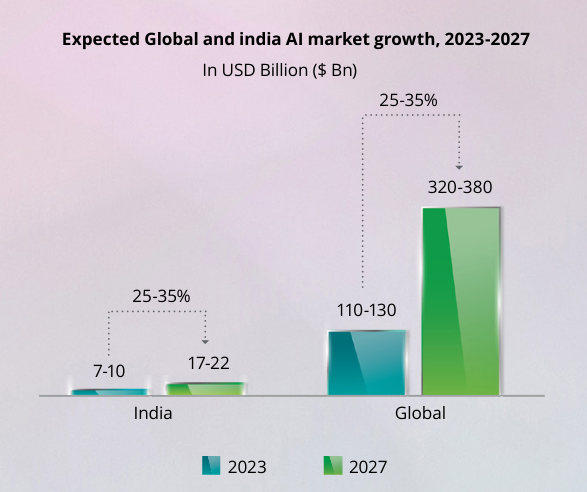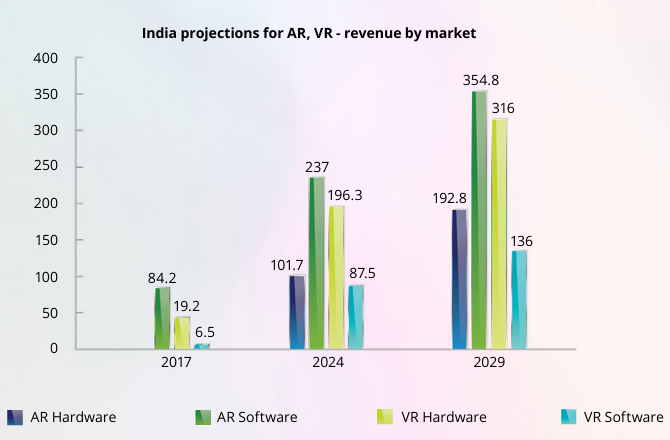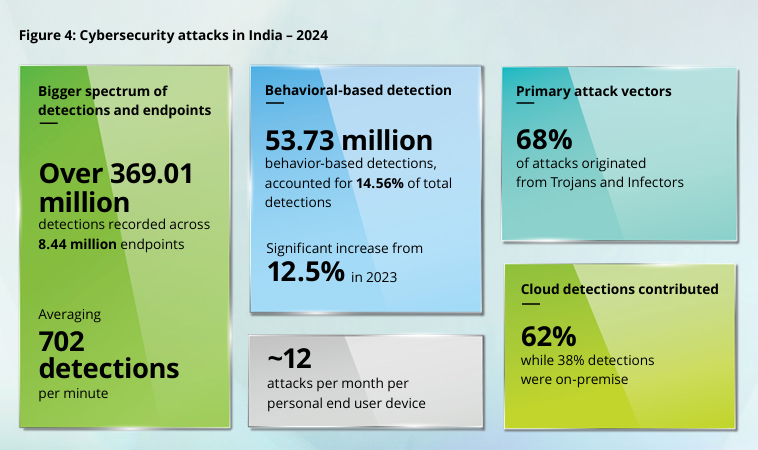India’s ambitions in artificial intelligence are growing louder, and Deloitte’s Tech Trends 2025 report adds fresh volume. It paints a picture of a nation on the brink of global AI leadership, driven by talent, startups, and state investment. But rhetoric often runs ahead of reality.
Talent-rich, Infrastructure-poor
There is no shortage of skill. According to the report, India boasts three times more AI-skilled professionals than most other countries and ranks among the top five globally in AI startup activity. Bengaluru, Hyderabad, and Mumbai have become focal points for applied AI, with local firms deploying Small Language Models in regional languages and Agentic AI in logistics and finance.
Government backing is strong in theory. As per Deloitte, the IndiaAI Mission has pledged ₹10,000 crore to bolster compute infrastructure. Yet ambition does not guarantee execution. Much of India’s AI development remains siloed in large enterprises and Global Capability Centres (GCCs). Small and medium-sized firms—most of the economy—lag due to lack of awareness, tools, and funding.

Gaps That Won’t Close Themselves
Progress is uneven. Augmented and virtual reality (AR/VR), while gaining attention, are still constrained by hardware costs and availability. As per the report, limited access to advanced headsets continues to hinder mass deployment, especially in rural areas where the potential for impact in education and healthcare is highest.

Security is another fault line. In 2024 alone, 369 million cyber threats were logged in India, according to the report. Only 39% of businesses report readiness against ransomware. Quantum computing poses a longer-term challenge: once functional, cryptographically relevant quantum computers could render today’s encryption obsolete. While the National Quantum Mission aims to future-proof critical systems, Deloitte notes that implementation remains slow.
Hardware, meanwhile, is the Achilles’ heel. Despite the India Semiconductor Mission, the country still imports 90% of its chips. As per Deloitte, without a domestic manufacturing base, India risks cementing its role as a backend operator in the AI value chain rather than an innovator.

A Fork in the Road
If India is to do more than play catch-up, several shifts are essential. Policy initiatives like Digital India and the IndiaAI program require faster execution and measurable outcomes. Collaboration between government and industry must move beyond white papers to working infrastructure and shared innovation platforms. And unless small firms are included—through affordable tools, training, and incentives—India’s AI growth will remain a top-heavy affair.
The Verdict
“The quantum shift is inevitable—the time to prepare is now,” Deloitte concludes. India does have the talent, the momentum, and the geopolitical relevance to be a serious AI contender. But unless plans turn into products—and inclusion becomes more than a buzzword—it will remain what it has long been: a capable follower, not a pioneering force.




